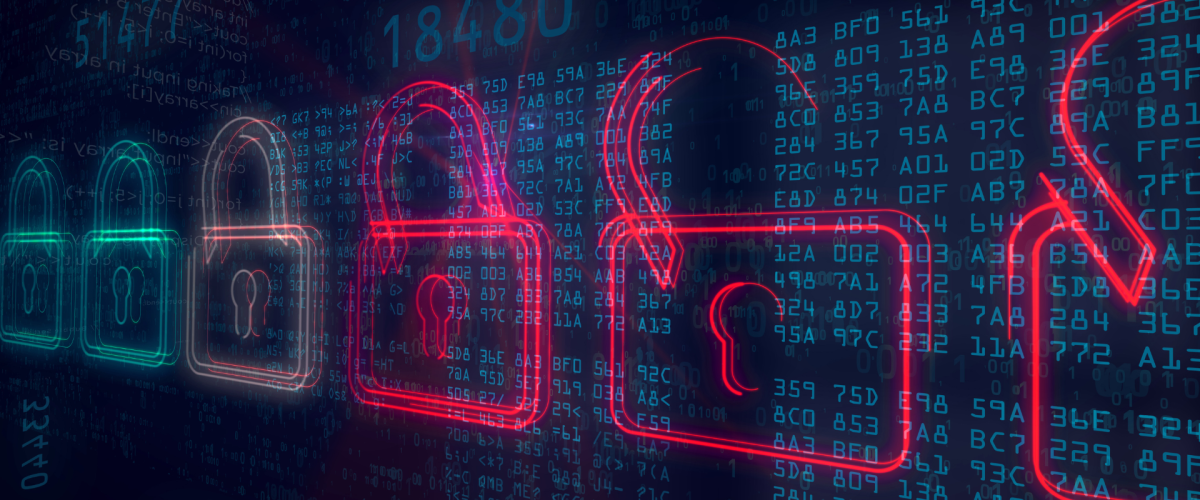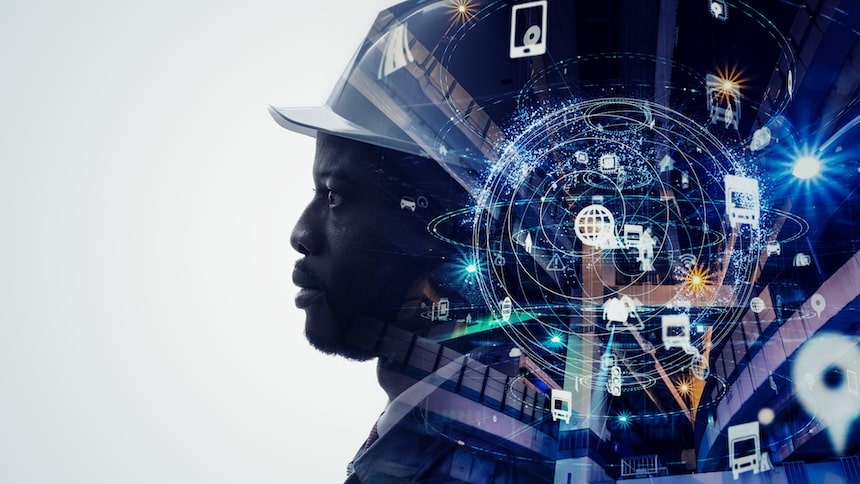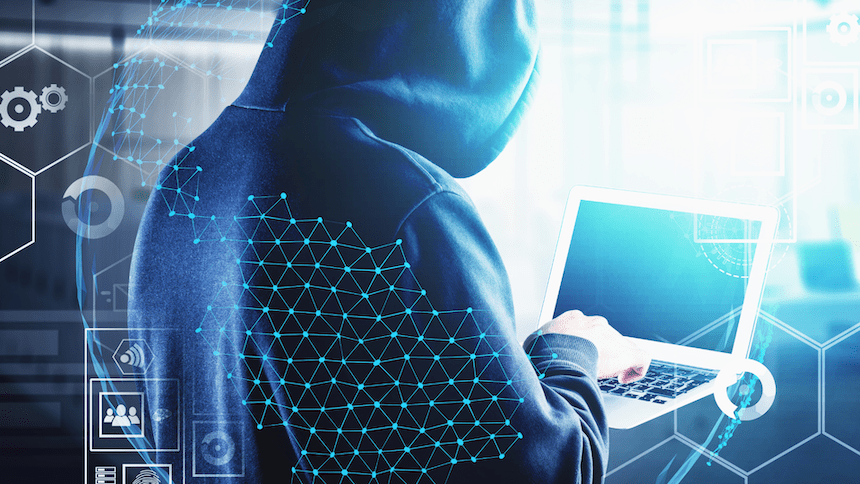Introduction:
This is the second article of a 5-part series dealing with entertainment cybersecurity series. The entertainment industry faces numerous challenges in protecting its content from unauthorized dissemination. TSE released an article previously on significant risks facing entertainment events, specifically naming intellectual property theft and content leakage as a top issue. The five entertainment cybersecurity threats covered in this series include:
- Practices related to remote work
- Data breach & leaked content
- Ransomware
- Third party risk and
- Spyware
You can read the first article in this series: Entertainment Cybersecurity Series: Remote Work following this link.
In the talent booking, concert production, and other facets of the live entertainment industry, entertainment agencies often deal with celebrities’, artists’, and associated groups’ intellectual property. Unfortunately, this kind of information creates a temptation for tech-savvy malicious individuals. With the increase of digital piracy, insider threats, and risks associated with third-party vendors, the necessity for strong entertainment cybersecurity measures has never been more important. As the live entertainment sector experiences rapid growth again in a post covid world, ensuring the protection of talent’s intellectual property, and sensitive information from unauthorized access is essential.
Content Leak vs Data Breach
Technically these two are different scenarios, but have the same result…the exposure of sensitive intellectual property such as:
- Trade secrets or intellectual property, including artist pricing, availability, bio, and marketing assets and other proprietary information.
- Private proprietary source code.
- Credentials like usernames, passwords, and security questions.
- Business data like customer lists, leads, sales data, and other business-related information.
- Employee data, including social security numbers, financial information, and credentials.
- Health information, such as medical records, insurance information, and prescription information.
- Emails, chat logs, and other forms of private communication.
Data/Content Leak or Data Breach Are Both Critical Entertainment Cybersecurity Issues
The main difference between the two is that data/content leaks are the result of internal human errors which expose information as opposed to an attacker looking to exploit a vulnerability. One is unintentional while the other is intentional.
Music Business Cybersecurity and Content Leakage – Data Breach
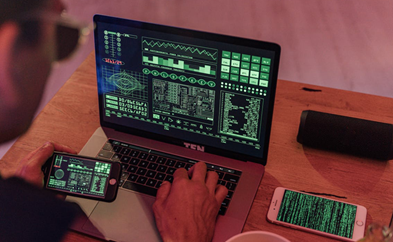
Part 2 in our Entertainment Cybersecurity Series discusses the cybersecurity challenges facing the entertainment industry, related to leaked content and data breaches. By leveraging encryption technologies, enforcing stringent access control measures, and conducting routine security audits, entertainment venues, artists, ticketing companies, agencies, and related businesses can enhance content protection and minimize the likelihood of data breaches or content leaks.
Moreover, best practices such as cybersecurity awareness training, data loss prevention solutions, and cyber incident response plans are vital components in preempting potential security incidents. By understanding the challenges and carefully implementing cybersecurity measures, the entertainment industry can protect its content and uphold audience and artist trust.
Protecting Content: Challenges Facing the Music Industry
Almost 60% of businesses in the music industry feel that they are unprepared to deal with a cyber breach. Protecting entertainment content is a challenging task. Entertainment content, spanning music, comedy, and other live performance encounters a variety of unauthorized access and distribution. These challenges evolve continuously as technology progresses and cyber threats become more sophisticated. This section discusses the primary challenges the entertainment industry must confront to protect its valuable content effectively. Here is a list of challenges related to protecting content from unauthorized access and distribution:
- Digital Piracy
Digital piracy stands out as one of the predominant challenges confronting the entertainment industry. With the emergence of online streaming platforms and file-sharing websites, unauthorized recordings of live entertainment, unreleased copies of music albums, and other content can swiftly reach a global audience, resulting in substantial revenue losses for artists and distributors while undermining intellectual property rights.
- Insider Threats
Additionally, insider threats present a critical challenge in content protection within the entertainment industry as well. Insiders, including employees, contractors, and business partners with access to sensitive information, may intentionally or inadvertently leak confidential content for personal gain, malicious intent, or due to negligence. Detecting and mitigating insider threats necessitates a blend of technical controls, monitoring mechanisms, and employee awareness initiatives.
- Third Party Vendor Risk
Third party vendors also pose cybersecurity risk. An article that is part of this series will delve into this topic in detail, so today I will only touch on it as it relates to leaked content and data breaches. Third-party vendors are an essential network for most entertainment industry businesses. These vendors may help with content production, distribution, as well as marketing activities. However, while these partnerships provide useful expertise and resources, they also introduce additional cybersecurity risks.
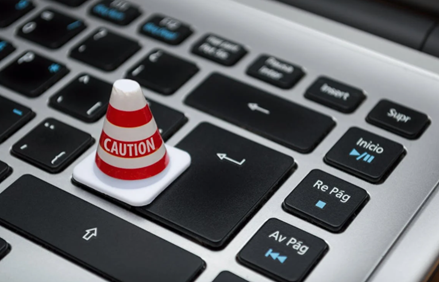
Preventing Content Leaks and Data Breaches
21% of files in the music industry are suspected to be vulnerable to threats. This puts roughly one in five pieces of intellectual property at risk! It’s clear that cybersecurity threats can put live content in serious danger. If this content is leaked, it is difficult to remove it from unauthorized distribution channels. Luckily, there are ways to strengthen the cybersecurity of live entertainment businesses so that content is less likely to be exposed before the artist wishes it to be made public. Before discussing these cybersecurity strategies, it should be noted that many of these are dependent on utilizing an IT team or contractor for implementation.
Content Leaking – Data Breach Prevention & Response
- Encryption
Encryption is always wise. Among the techniques that can best protect entertainment content from unauthorized access is strong encryption technologies. Entertainment companies should encrypt sensitive data and information. This ensures that even if the data or footage is intercepted, it remains undecipherable and protected. The employment of strong encryption techniques on networks, storage media, as well as communication channels will considerably minimize chances of loss of data or unauthorized disclosure. Companies such as Nord provide these services to businesses for a fee. I would encourage you to investigate subscribing with one of these types of providers.
- Access Controls
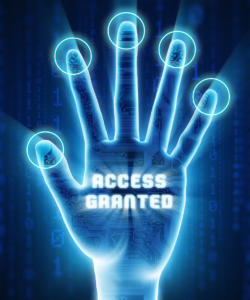
By enforcing stringent access control measures for staff, contractors, etc. such as multi-factor authentication, and Principle of Least Privilege (POLP), organizations in the live entertainment industry can restrict content exposure exclusively to authorized personnel. This approach mitigates insider threats and unauthorized access, ensuring the protection of sensitive content.
Another type of model is the MAC, or Mandatory Access Control model. In this model, every individual must request access to any and all information. While this model is more secure, it can become extremely restrictive, especially in creative environments such as the live entertainment industry. A significant amount of time and energy would be wasted with the mandatory access model, and thus I recommend the discretionary access model, with the added rule of redacting sensitive information.
- Security Audits
Conducting regular security audits and penetration testing of information technology infrastructure is also essential. Your IT teams will be able to help with this. Regular security audits and penetration testing constitute integral components of a comprehensive cybersecurity strategy in the entertainment industry. By continually evaluating the security of systems, networks, and applications, organizations in the live entertainment industry can pinpoint vulnerabilities and weaknesses exploitable by malicious actors. Conducting penetration tests enables companies to simulate real-world cyber-attacks, proactively addressing security gaps before exploitation. By maintaining a proactive stance, entertainment companies can stay prepared before any issues arise.
- Content Security Training
It is essential to create and implement training for staff on content security. Are the devices and accounts they are using safe from prying eyes? Are they inadvertently informing unauthorized individuals about private events? Are they storing event data in a secure location or drive? One major aspect of protecting content is making sure employees are taught and understand security practices. Organizations in the live entertainment industry can achieve this by carrying out comprehensive training programs. These programs should enable staff to identify potential threats, curb phishing attempts, and observe secure data handling protocols. This approach significantly lowers chances of internal content leaks as a result of human error and negligence.
- Data Loss Prevention Solutions
Moreover, it is crucial to use data loss prevention (DLP) solutions. Your IT team or contractor will be able to help with this. Data Loss Prevention (DLP) solutions play a significant role in safeguarding sensitive entertainment content from unauthorized access, data breaches, and leakage. These technologies facilitate data flow, monitoring, and control within an organization’s network, enabling them to identify instances where confidential information might be transferred out without authorization. By deploying DLP solutions, organizations can ensure compliance with data protection regulations, identify possible breach points in real-time, and take immediate corrective measures to minimize risks.
- Cyber Incident Response Plan
Finally, it is important to develop a cybersecurity incident response plan. Music industry and live entertainment organizations must prepare themselves so that they may respond well in case of any leak or data breach. While your business may be confident in its ability to prevent such incidents from happening, having a plan B is always necessary. Developing an all-inclusive Cybersecurity Incident Response Plan helps to minimize the impact of security incidents and ensures a prompt and coordinated response. In cases where sensitive information has been leaked online or lost, valuable intellectual property may be at risk. Thus, your Cyber Incident Response Plan should state clearly how your company discovers breaches, notifies stakeholders, determines suspects, and restores normalcy.
In Conclusion
Entertainment cybersecurity prevention and response practices will help businesses in the live entertainment industry prevent content from leaking or data breaches. In our increasingly digital realm, proactive measures must be used to combat this threat, and preserve the integrity of intellectual property. Entertainment content is powerful and highly desired, so protecting live entertainment content from leakage and data breaches must be a top priority for industry professionals.
The challenges posed by digital piracy threats, insider risks, and vulnerabilities introduced by third-party vendors necessitate a comprehensive cybersecurity approach to protect valuable intellectual assets. Encryption technologies, enforcing strong access control measures, and conducting routine security audits and penetration testing, are all ways the entertainment industry can strengthen its defenses against potential breaches and leaking. These strategies not only prevent unauthorized access but also ensure content integrity and confidentiality.
Furthermore, instilling cybersecurity awareness among employees, implementing Data Loss Prevention (DLP) solutions, and formulating a Cyber Incident Response Plan are essential best practices to mitigate risks and respond effectively in the event of a security incident. As the entertainment industry evolves and expands its digital presence, prioritizing cybersecurity measures is crucial to safeguarding content from leaking into unauthorized channels. By proactively enhancing cybersecurity practices, content creators and distributors can minimize content leakage and data breach risks.
The next article in this series will deal with ransomware issues in the entertainment industry.
Sources:
(Stock images from canva and pexels.com)
https://worldmetrics.org/cybersecurity-in-the-music-industry-statistics/
https://www.ftc.gov/business-guidance/resources/data-breach-response-guide-business
